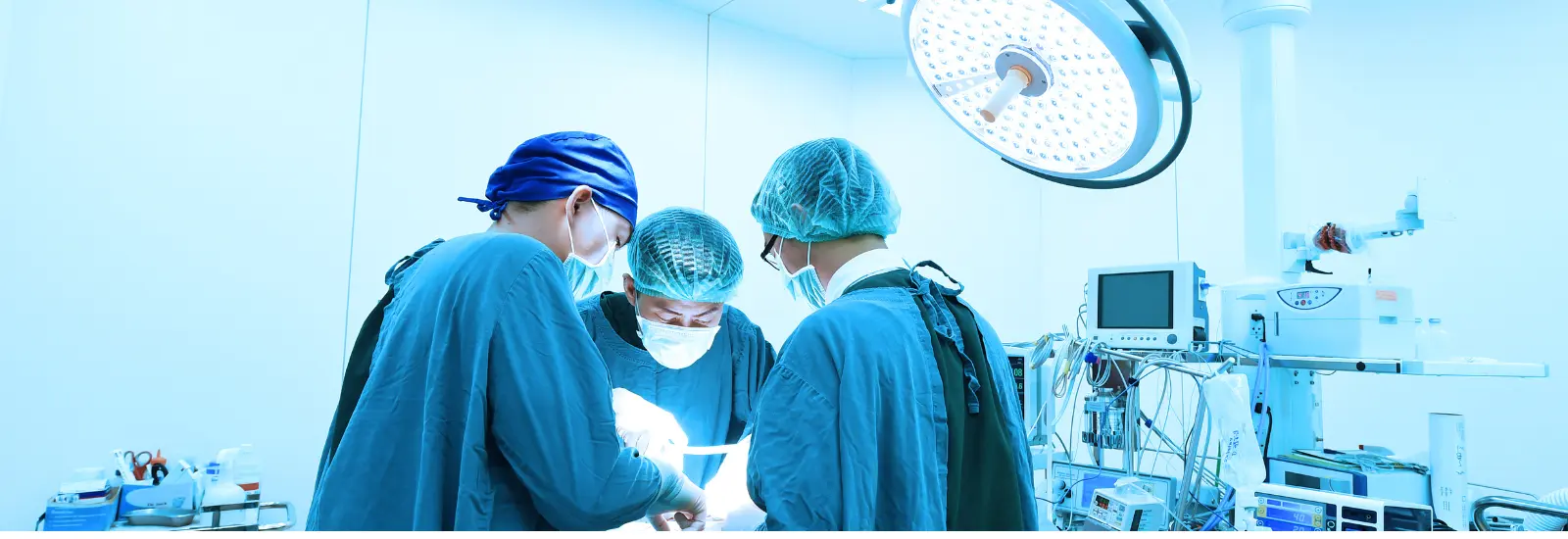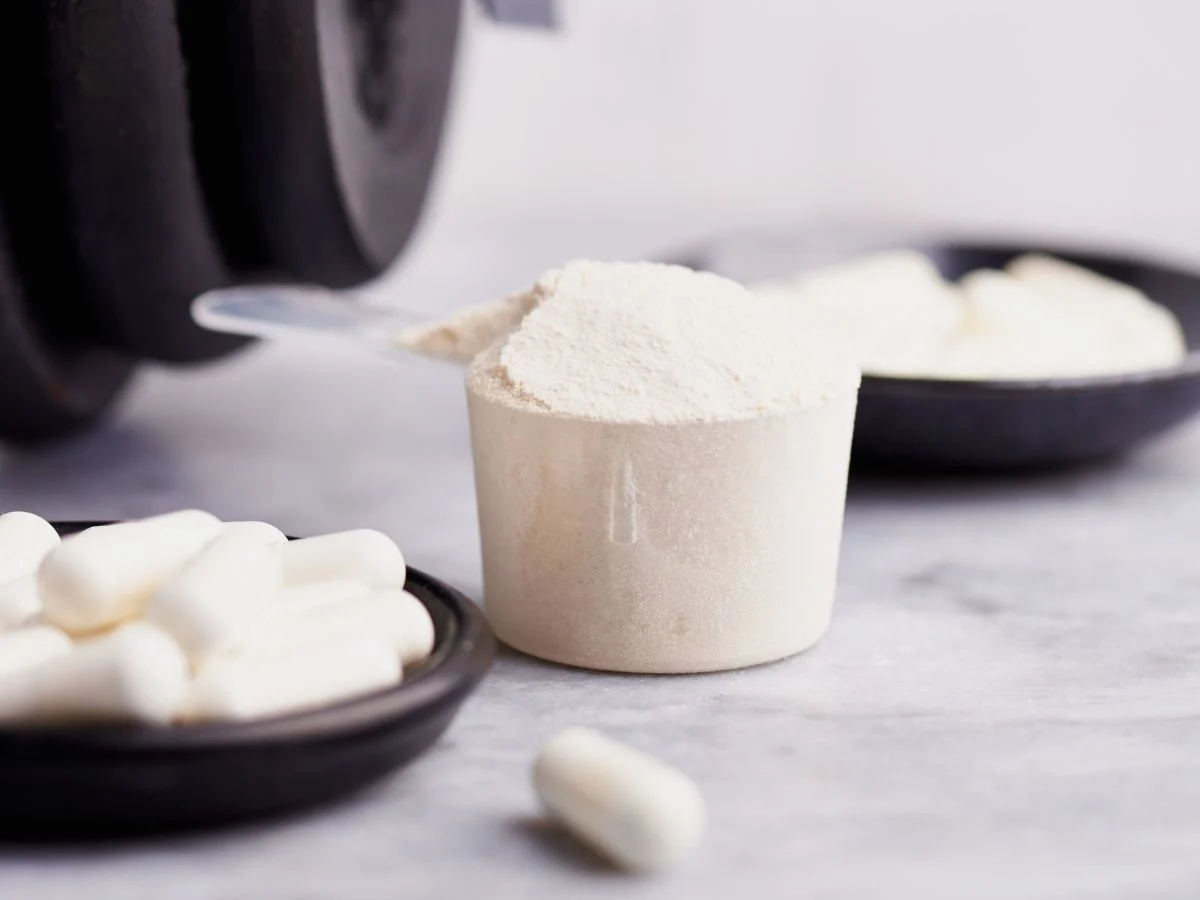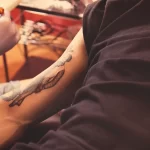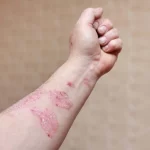Dermatologists agree that Accutane and surgery can be safe when planned carefully. In the past, some doctors advised waiting months after stopping Accutane; however, newer studies show that most people heal well if they are closely monitored.
The best choice depends on your skin type, dosage, and the kind of surgery. Always tell your surgeon and dermatologist about your treatment before scheduling a procedure.
Starting surgery while taking Accutane can feel uncertain. At DermOnDemand, Dr Hannah Kopelman and her team carefully review each case to ensure your plan is safe and effective. Below is what patients should know about Accutane and its recovery process.
Key Takeaways
- Most patients can safely undergo surgery while taking Accutane, provided the procedure is properly planned and monitored by their doctor.
- Accutane may slightly affect wound healing, but research shows that normal recovery is common under the supervision of a dermatologist.
- For major operations, doctors often recommend discontinuing Accutane one to two months prior to surgery and restarting it once the skin has healed.
- Minor procedures, such as dental or small skin surgeries, rarely require pausing treatment, although communication with both doctors is essential.
- Careful timing, clear coordination, and expert follow-up, such as through Dr. Hannah Kopelman at DermOnDemand, help ensure safe outcomes and minimal scarring.
Is Surgery Safe While on Accutane?
Myths and Latest Data
Most people can have surgery safely while using Accutane. Old reports suggested delayed healing, but new research indicates that problems are rare when a healthcare professional manages treatment.
Low-Dose Accutane Outcomes
Low-dose Accutane usually causes fewer issues because it affects the skin less. Always inform your dermatologist and surgeon if you experience isotretinoin side effects, such as dry skin or irritation, as early management can help prevent complications during surgery.
When to Pause or Continue Treatment
Dr. Kopelman sometimes advises pausing Accutane if the surgery involves large areas of skin or if laser treatments are planned. Minor procedures often do not require stopping medication.
Healing and Scarring on Accutane
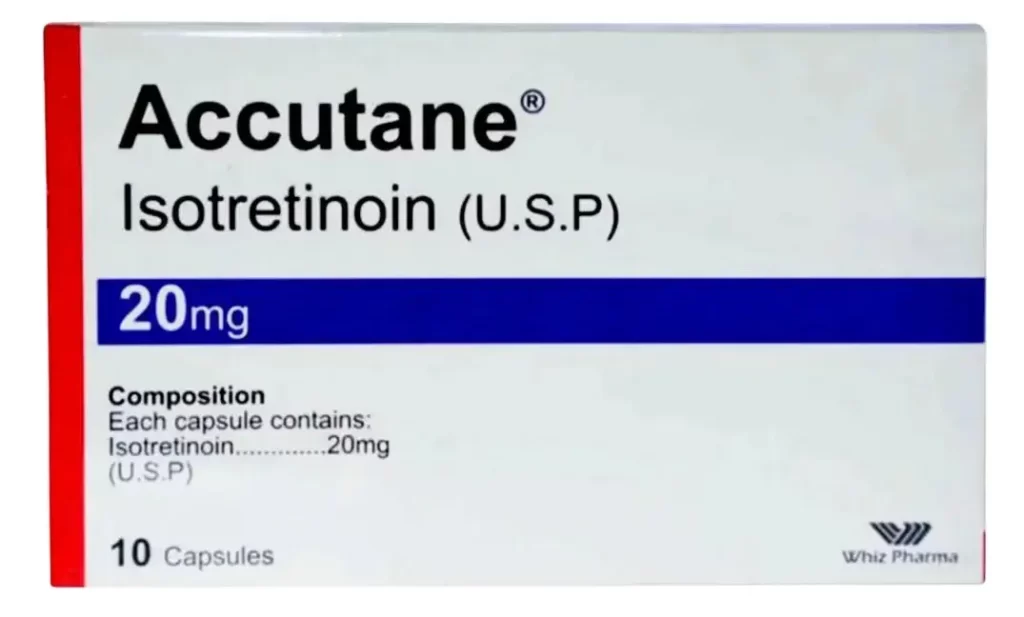
Wound Healing Expectations
Most patients heal normally after surgery. Eating well, staying hydrated, and protecting the skin from the sun support good wound healing.
Preventing Delayed Recovery and Keloids
Some people may form hypertrophic scars or keloids after surgery. If you have had raised scars before, your doctor may adjust your treatment or suggest special skin care after the operation. For more guidance on treatment options, you can read how a dermatologist removes keloids safely and effectively to prevent recurrence.
Timing and Pre-Surgery Preparation
How Long After Accutane Can I Get Surgery?
Doctors often suggest waiting one to two months after finishing Accutane before major surgery. This helps the skin regain its normal balance and reduces irritation.
When to Restart Accutane After Surgery
You can usually restart Accutane once the incision has healed, the stitches have been removed, and there are no signs of infection or delayed wound healing. For small procedures, this may be as soon as two to four weeks.
For larger operations, such as plastic surgery, dermatologists often recommend waiting six to eight weeks to ensure full tissue recovery.
Should Isotretinoin Be Stopped Before Surgery?
Doctors often recommend pausing isotretinoin for about one month before major surgery to reduce the risk of skin dryness and slow healing. For minor procedures, stopping may not be necessary, but your surgeon should review your case.
Procedure-Specific Guidance
Plastic and Cosmetic Surgeries
If you plan to undergo plastic surgery, such as rhinoplasty or skin resurfacing, ask your dermatologist about the timing. Accutane can make the skin more sensitive.
Oral and Dental Surgeries
Dental work is generally safe while taking Accutane, but it’s essential to inform your dentist so they can adjust your care as needed.
Orthopedic and ACL Surgeries
Research does not indicate that Accutane affects bone healing. Still, be sure to inform your surgeon about your treatment.
Preparing for Surgery on Accutane

Patient Checklist and Doctor Communication
Before surgery, make sure you:
- Share your medication list with both doctors.
- Ask if you need to stop Accutane.
- Keep your skin moisturized and avoid harsh products.
- Follow post-op instructions to prevent keloid formation.
When Not to Pause Accutane Treatment
Some patients with severe acne may continue treatment safely under supervision. Dr. Kopelman often helps determine if pausing is necessary based on the type of surgery.
Summary and Next Steps
Guidance for Accutane-Related Surgeries
With the right plan, Accutane and surgery can be done safely. Effective communication and careful timing help prevent problems and support a smooth healing process.
Start Your Online Dermatology Plan Today
For expert advice within 24 hours, visit DermOnDemand and start your personalized dermatology plan today, or explore how acne treatment with a dermatologist can help you manage breakouts safely before and after surgery.

